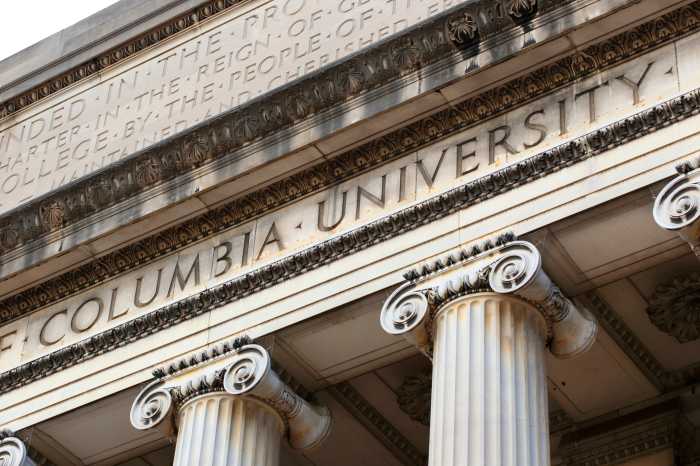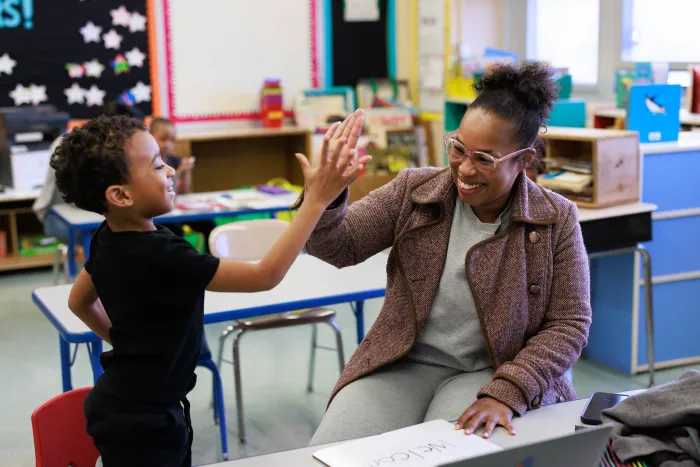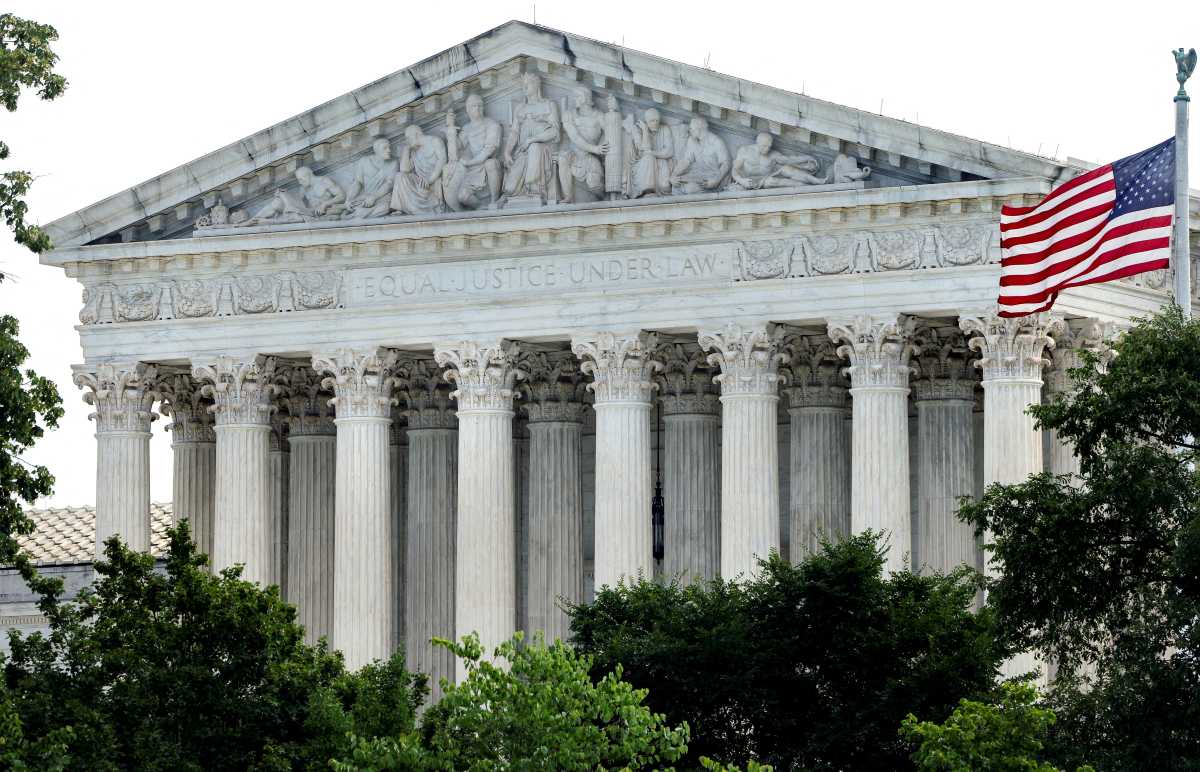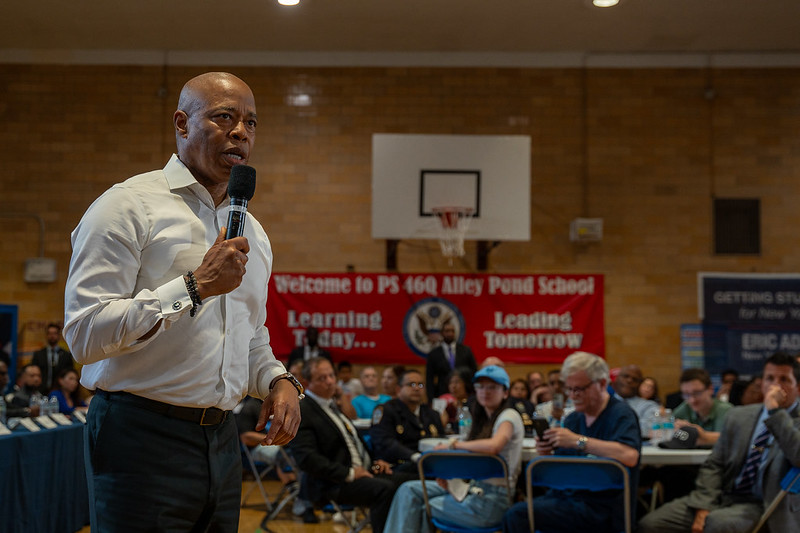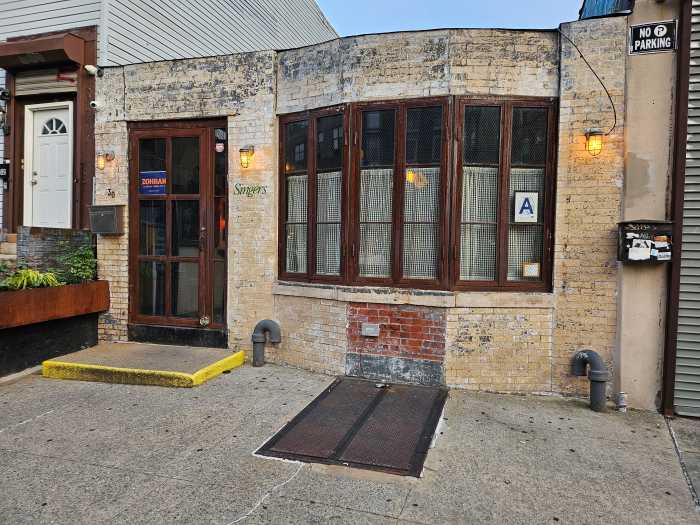Some members of the United Teachers Federation, including three Chapter Leaders at three schools, are filing an improper practice charge against the union and the New York State Public Employees Relations Board for “violating its duty of fair representation” after the union told them their right to issue a grievance against the Department of Education’s handling of schools during the pandemic was halted indefinitely.
According to the Movement of Rank and File Educators, more than 200 UFT members with grievances on the department was in violation of union contractual provisions on health and safety during the weeks of March 9 and March 16 were stopped by the UFT from further pursuing their grievances, as a result.
Members argued that keeping New York City public schools open during the novel coronavirus pandemic and requiring staff in the buildings until March 9, endangered the lives of thousands of employees. Over 70 DOE staff died as a result of complications caused by the novel coronavirus, according to department data.
Initially, DOE officials were testing to release data on school personnel killed or infected by the virus but eventually did so after mounting pressure from teachers, staff, parents, students, and unions.
“People didn’t feel that that was fair,” said Ellen Schwietzer, a teacher at Stuyvesant High School during a Zoom press conference. Schwietzer added that untenured teachers, new teachers, and those without many accrued days off felt pressured to show up to schools despite the health risk. Teachers banded together in April to ask that the days they came to a physical building during the pandemic would be added to their sick days.
Her principal scheduled hearing with the teachers filing grievances. “We knew that it would be denied because of the official policy of the DOE, but then we thought that we would be able to take it to the next step,” said Schwietzer. But Schwietzer and others were then told by low-level union staff that they would not be able to proceed to the next step because the grievance process had been “frozen.”
Union staffers told teachers that the grievance process would be reopened at “some future date” and that grievances could be filed at that point.
“It made us feel very nervous,” said Schwietzer. “And there wasn’t any explanation. For my principal, it was not a big deal to have a Zoom conference on the school level so I don’t see why that couldn’t be done at the other levels of the grievance process either.”
Another concern, according to Schwietzer, was that nothing was provided to the 200 members in writing between the UFT and the DOE about the alleged freezing of the grievance process. Others were also concerned about passing contractutor time limits on filing grievances.
“By preventing members from filing grievances in response to the DOE’s culpability in endangering school-based staff, the UFT is failing to do it’s most basic job– represent its members,” the MORE said in a statement.
“The charge at PERB is that the UFT has taken away members’ right to grieve, and so at best delaying their chance to correct unfair treatment. Additionally, the claim that grievances will be eventually accepted as timely, without any proof of an agreement on the part of the employer agency, constitutes a lack of good faith and honesty on the UFT’s part.”
The UFT claims that they sent letters via email to union chapter leaders at each school on March 20 to notify members of the grievance process freeze and that they froze the process because of the challenges of continuing grievances in a remote environment and ” the need for expedited resolutions to issues that might arise during remote learning related to the coronavirus crisis. “
According to a UFT spokesperson, the grievance process will continue to be halted until October 1. Instead, the union is relying on an “operational” process that moves disputes “within a matter of days” concerning contractual issues that can’t be immediately resolved with a school principal through a local superintendent, a central operations committee with UFT reps and if necessary to the Chancellor Richard Carranza and UFT President Michael Mulgrew.



